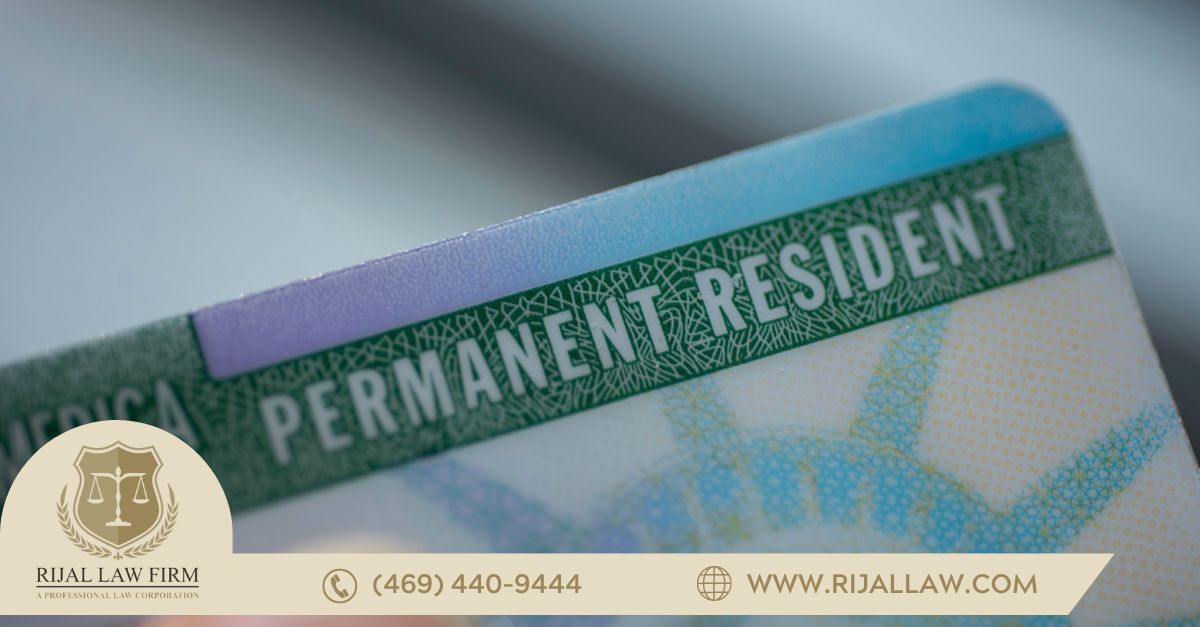To understand special immigrant status, you need to understand how the immigration system operates as well as discuss your situation with an attorney.
To obtain a visa, you’ll normally apply for a preference-based visa or special immigration visa (SIV). The following information gives you further details on how petitioning and applying for an SIV works.
Who is a Special Immigrant?
In some cases, laws are passed in the U.S., which make green cards available to people in special circumstances. These people are not included in the green card preference system – a system that is made up of family-based or employment-based applicants. The only exception is the people included under the category of employment-based fourth-preference immigrants (EB-4 filers).
Preference-Based and Special Immigrant Visas: The Differences
To distinguish between preference-based and special immigrants then, you need to understand the classifications for preference-based green card applicants first.
Family-Based Visa Preferences
For family-based visas, preferences are outlined as follows:
- First preference applicants include adult and unmarried children who are 21 years old and older, who are related to U.S. citizens.
- Second preference applicants include spouses of legal permanent residents of the U.S. and unmarried children, regardless of age, as well as grandchildren.
- Third preference applicants are married children of U.S. citizens and their minor children and spouses.
- Fourth preference applicants include siblings of U.S. adult citizens and their minor children and spouses.
Employment-Based Visa Listings
As an employment-based preference application, applicants must wait until a visa number is issued for one of the following preference classifications:
- First preference – priority workers with extraordinary abilities, such as professors or researchers and executives outstanding in their field, some of whom work for multinational companies
- Second preference – professionals who hold advanced degrees or individuals of exceptional abilities and skill sets
- Third preference – skilled workers and professionals
- *Fourth preference – Particular special immigrants engaged in activities, such as religious jobs
- Fifth preference – Immigrant investors, who are creating job opportunities in the U.S.
Classifications for Special Immigrants
People who fall under special immigration status include the following types of people:
- Employees working for recognized religious organizations
- Foreign medical grads who have resided in the U.S. for a long time
- Foreign workers who have been long-time U.S. government employees
- Retired officers or employees of specific international organizations who have lived in the U.S. for a specific period
- Foreign nationals who have been declared dependent on the juvenile court system in the U.S.
- People who have served on active military duty for NATO for 12 years
- Certain broadcasters
To learn more if you have special immigrant status in a more obscure category, you should contact an immigration attorney.
In fact, you should still consult with an attorney as you’ll want to make sure you complete and submit your immigration paperwork correctly.
Also known as SIVs, (special immigrant visas), documents of this type may be filed differently – some are filed with special exceptions. It just depends on the specific SIV program.
For instance, under one SIV program, people who worked for the Armed Forces of the U.S. or as an interpreter or translators under the Chief of Mission Authority for Afghanistan or Iraq are entitled to this type of visa. This program currently offers visas for up to 50 persons annually.
SIV Privileges
As a special immigrant who receives a green card for permanent residence in the U.S., you have certain privileges. For example, the following benefits apply:
- You can live anywhere in the U.S. for as long as you wish.
- You can work for any company in the U.S. or you can choose not to work at all.
- You can travel inside and outside the U.S., as you wish.
- You can become naturalized as a U.S. citizen when you’ve held your green card for a certain period.
- Your spouse or unmarried children under 21 years old may apply for green cards as accompanying relatives.
Eligibility Requirements
To enjoy the above benefits, you must follow the rules, as follows:
- Your place of residence must be in the U.S. For example, you cannot use a green card merely for travel and work.
- Because you’re legally considered a U.S. resident, you must pay U.S. taxes on any income you receive worldwide.
- You cannot stay outside the U.S. for over a year at a time. You must get special permission if you live outside the U.S. for longer than a year’s time, or you’ll risk losing your status of permanent residence. It’s best to limit trips abroad to six months per trip.
- If you commit a crime or participate in a subversive political activity, you could have your green card revoked and may be deported.
Filing an SIV Petition
Most petitions are filed for SIVs through the Immigration and Naturalization Service (INS) centers in the U.S. The object of a petition is to show that you meet the legal requirements for a special immigrant category.
Because special immigrants are subject to yearly quotas, the date on which you file a petition is known as the priority date. This data is critical as it identifies the legally sanctioned moment when your green card waiting period begins to elapse.
If all goes well, your petition will receive approval. However, just because you’re approved does not automatically give you the right to reside and work in the U.S. Instead, getting approved for a petition is a prerequisite to the second part of the process, or applying for a green card. Without the approval for the petition, you cannot submit the application for permanent residence.
Filing the SIV Application
Typically, you and your accompanying relatives, if any, will file the SIV application. The application serves as a formal request for green card status. You can carry out this part of the process in the US through an INS service center, or in your home country.
Most of the green card applications are filed at INS U.S. service centers because the applicant is already in the country. If you’re residing in the U.S. lawfully on a non-immigrant visa with a priority date, you can choose to apply inside or outside the U.S., whichever is easier.
If you are in the U.S. and overstayed prior visas, entered illegally, worked without authorization, or worked without a visa under the Visa Waiver Program, U.S. officials may bar you from applying for a green card inside the U.S. In these cases, you’ll need a visa petition or labor certification.
Given some of the above provisions, you can see why it’s important to consult with an immigration attorney about your special immigrant status and learn more about how to get a green card under this classification.

Call the Rijal Law Firm to Begin Your Petition as a Special Immigrant Today
To ensure you fill out and file your SIV paperwork correctly, you need to contact an experienced immigration attorney. Call the Rijal Law Firm at (951) 667-1919 for further details today.
